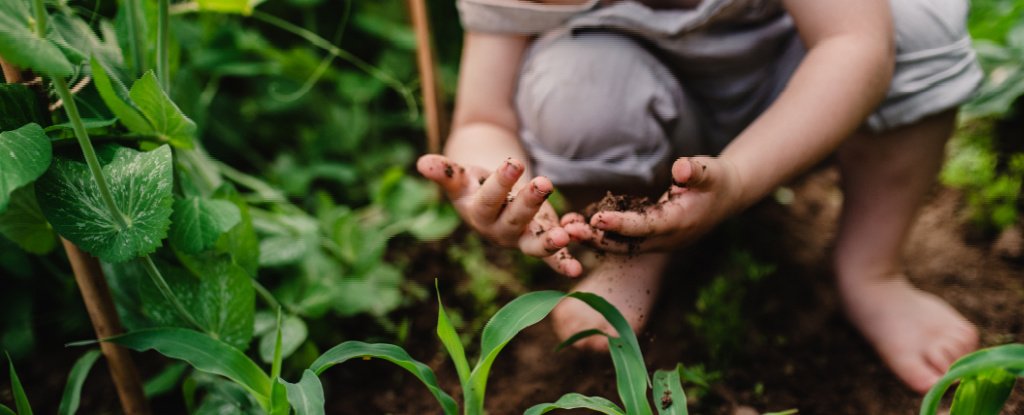
Early childhood exposure to green areas near the home during critical growth and development periods has a positive impact on bone health, said researchers.

A team of scientists from the SETI Institute, University of California Davis and the Alaska Whale Foundation conducted a landmark experiment in which the team had a 20-minute conversation with a humpback whale named Twain in her own language.

A joint Spanish and American research team found that people living near green spaces are on average 2.5 years biologically younger than those who do not.

According to a new study, some plants can clean toxic chemicals from the air, helping clear out cancer-causing toxins in a matter of hours.

Playing through the greenery and litter of a mini forest's undergrowth for just one month may be enough to change a child's immune system, according to an experiment in Finland.

A major essay in a prestigious, peer-reviewed scientific journal argues that oceans are a “living entity” entitled to rights. The “Ocean rights” approach would make the creatures of the sea co-equal with humans.

Singapore scientists have developed a plant communication device that delivers electrical signals to and from plants. By monitoring the plants’ electrical signals, we may detect possible distress signals and abnormalities.

half of the global economy directly depends on nature – a functioning biosphere and healthy global commons form the foundation of all well-being. People cannot prosper on a sick planet.

Where you live has a significant impact on the likelihood that you will reach centenarian age. New research suggests that people who live in highly walkable, mixed-age communities may be more likely to live to their 100th birthday.

Earth School together with experts from National Geographic, WWF, and the BBC created a brand new online science curriculum of sorts that comprises 30 short animated videos about various topics.

An Australian research team has found that revegetation of green spaces within cities can improve soil microbiota diversity towards a more natural, biodiverse state, which has been linked to human health benefits.

Coronavirus is forcing people to reevaluate natural outdoor spaces for the first time in decades. Ideally, this pandemic experience will lead planners in urban areas to redesign for more natural green spaces.

The Icelandic Forestry Service released a statement where it is encouraging people to cuddle up to a tree. It is highly recommended that people get outdoors during the pandemic.

A recent study shows that children should spend at least one hour playing and spending time in nature each day. Like that they demonstrate a remarkable increase in personal wellbeing and health.

We know that spending time in nature reduces stress, but until now it was unclear how much is enough. New study shows that in terms of efficiently lowering levels of the stress hormone cortisol, you should spend 20 to 30 minutes in nature.